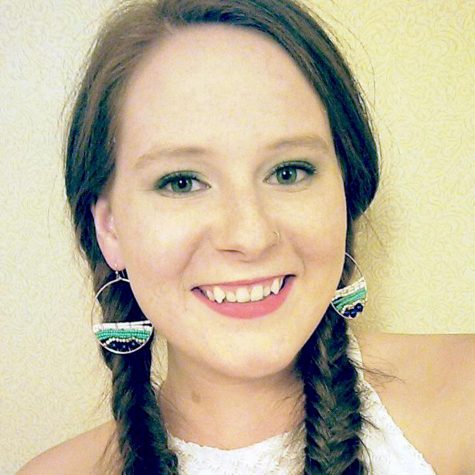Non-consensual pornography
March 14, 2018
If you haven’t heard of non-consensual pornography, it’s probably because you’ve heard it called revenge porn. This relatively new phenomenon has been making headlines in various states involving average citizens, celebrities and US service members. There are several definitions of non-consensual pornography (NCP), but the most basic is the sharing or the taking of intimate images from another person without their complete consent. Revenge porn falls under NCP and more specifically discusses the acts between former partnerships. Within a relationship (doesn’t specify one type of relationship), one partner sends another a sexually explicit photo or message, relationship ends, other partner posts/shares intimate photo or message with identifying qualities (face, name, social media, etc.).
Only 38 states currently have laws regarding revenge porn and they vary from misdemeanor to felony. Nebraska is not one of those states. There needs to be protections in place for victims. The saying “once it’s on the internet, it’s never completely gone” holds true with victims. Imagine if your intimate photos were shared with your name and your employer searches for your name on the web—those photos would show up. Laws are difficult to create because of other laws already in place that protect perpetrators. Currently, the best way to get a photo removed from the internet is to claim copyright if the photos were taken by the subject (selfies). Beyond that, if your state doesn’t have specific laws against it, it can be nearly impossible to take the photos down.
Victim-blaming runs rampant when it comes to revenge porn. Just like any other sexual encounter, whether in person or through technology, clear boundaries need to be made and understood. Claiming that victims just shouldn’t have taken the photo to begin with isn’t a solid argument. You wouldn’t tell someone who was mugged that they shouldn’t have been walking down the street. The blame of the situation relies completely on the person who shares the images without consent. There needs to be an open discussion about consent and what it means to each individual person.
Victims of NCP are encouraged to seek legal help regardless of whether there are laws in your state and to seek counseling. The WSC Counseling Center is located in the Kanter Student Center and can be reached at 402-375-7321. Cyber Civil Rights Initiative actively helps victims with counseling and legal advice—their website is www.cybercivilrights.org. Students can learn more about non-consensual pornography on Friday, April 27, at 2:30 p.m. as part of the Honors Presentations.








